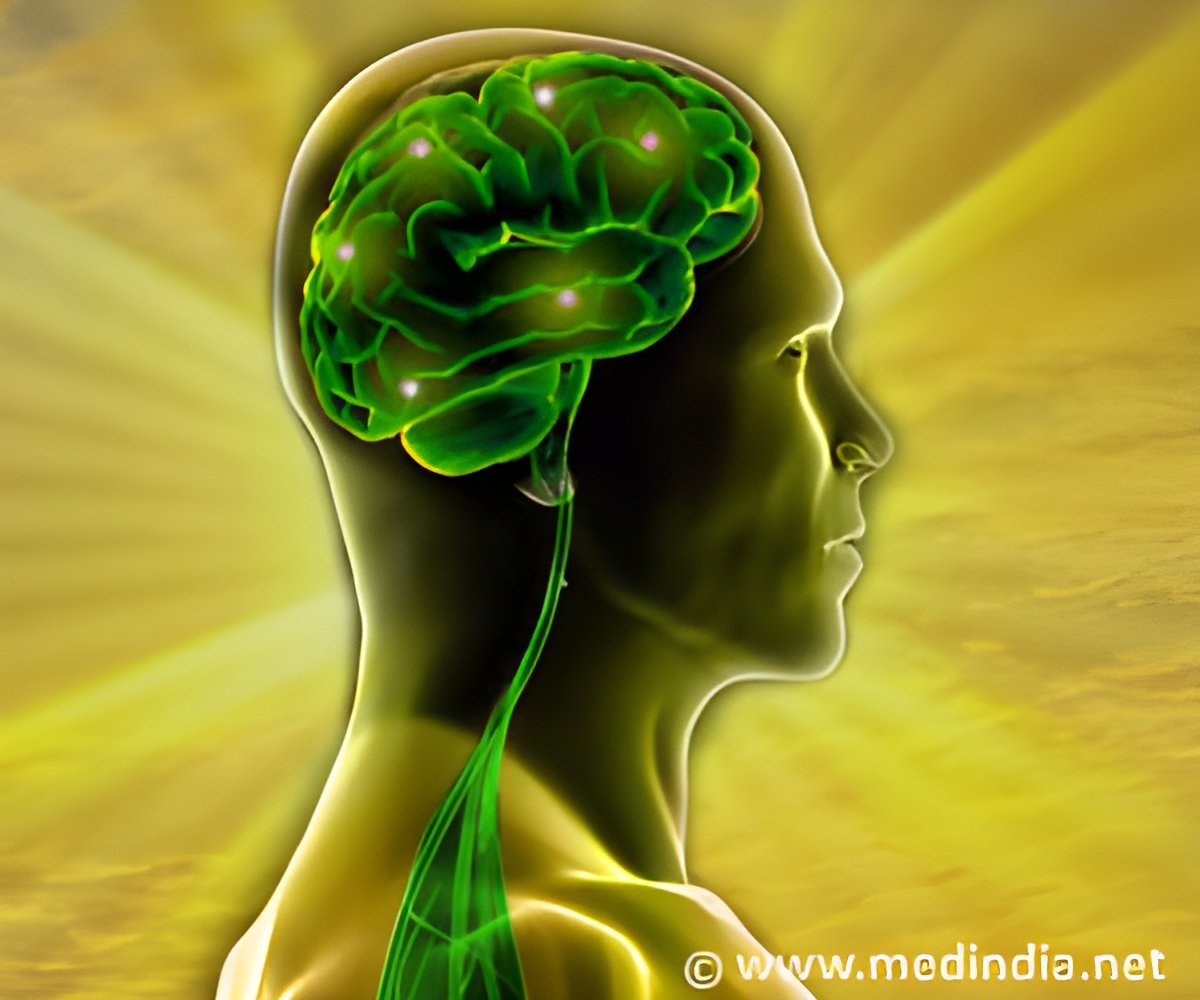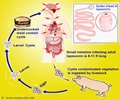A study shows a region of the brain that, when stimulated, causes a person to anticipate a challenge and possess a strong motivation to overcome the challenge.

The study conducted by Dr. Parvizi and his team involved two individuals with epilepsy who had electrodes implanted in their brains to help doctors learn about the source of their seizures.
The electrodes were situated in the anterior midcingulate cortex, a brain region that is thought to be involved in emotions, pain, and decision making.
When electrical charge was delivered to a location within this region, both patients described feeling the expectation of an imminent challenge coupled with a determined attitude to surmount it.
This was accompanied by increased heart rate and physical sensations in the chest and neck. They did not experience any of these psychological or physical effects when they thought that their brains were being stimulated but no electrical charge was delivered.
The same effects did not occur with stimulation of nearby regions only 5 mm away.
Advertisement
The study has been published in the Cell Press journal Neuron.
Advertisement













